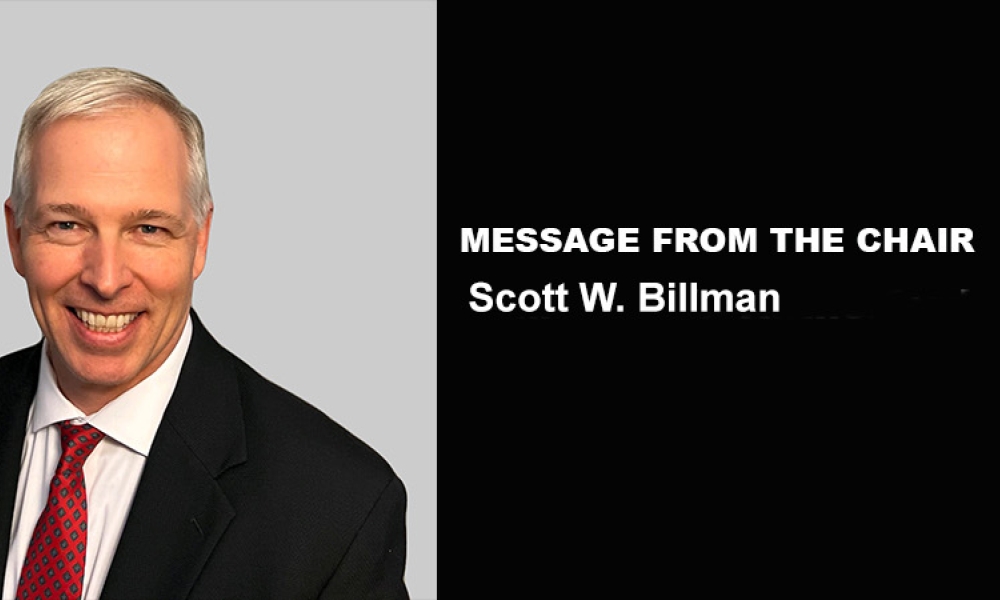Tips for Graduates Transitioning to Pharma Industry

Congratulations, Class of 2017! You have worked hard to become an engineer. Here are a few tips to smooth your transition to industry and allow you to become a contributing member of the pharmaceutical industry.
1. Establish a code of ethics
Hold yourself and your work to a standard where cutting corners, ignoring details, expediting a process, or doing a “good enough” job is not acceptable. You should aim to pay for yourself each year by providing a quality of work that creates significant savings for the company that employs you.
2. Dress professionally
Your work should stand out, not your attire. Avoid clothing that communicates personal or political preferences. When in doubt, ask someone you respect or the person who signs your paycheck.
3. Frictionless surfaces and unknowns
Most of the problems you’ve solved to this point yielded tidy solutions. You may even believe that a theoretical model is always preferred over an empirical one. For example, you can easily model the volume of a 10,000-gallon water-for-injection tank based on the water level. However, when the problem is a horizontal cylindrical tank with conical ends, constructed with a sanitary design that is sloped so it drains with gravity, and accounts for the surface tension of the water, things get much more complicated.
To solve the problem analytically you’d have to make so many assumptions that your answer would be useless. Regrettably, you can’t put those semesters of calculus to use just yet. You can, however, use your ability to solve problems creatively, and apply your knowledge of science and engineering to determine when it’s best to find a solution on paper and when you should collect data instead. By facing these challenges, you not only advance the field, but yourself as a professional.
4. Good, fast, and cheap
“Good, fast and cheap—you get to pick two.” Although you aren’t being paid by the hour, you are being paid to analyze problems quickly and effectively, determine an appropriate course of action, and hold to ethical standards. Your ability to balance these competing forces will improve as you gain experience; it should be something you seek to master.
5. Continuous improvement
There is no such thing as “good enough.” No matter what you do there, there is always a way to do it better, improve the quality, or reduce the cost. Regarding your work with this attitude will serve you well throughout your career.
6. Get out of your chair
Too often engineers work where they are most comfortable—at their desk. There is often a barrier between engineering and operations for this very reason. Spend time studying your organization’s operations. You will learn much from seeing the process and talking to those familiar with it.
7. Appreciate diversity
Your workforce is strong not because everyone thinks alike, but because everyone thinks differently. Research suggests that “progress depends as much on our collective differences as it does on our individual IQ scores.” 1 Be aware of how others might see you, too, and realize that your colleagues may hold some unflattering beliefs about millennials.2
8. Earn the experience before the promotion
Remember that you’re in your career for the long haul. Your salary is determined by what you can contribute, which improves only with time and experience. Focus on things you can control—such as your performance in your current position.
9. Become a leader
You may not be a manager, but you are a leader. Set an example built on respect for others and the belief that everyone wants to make a positive contribution.
10. Own it
You may start out doing a menial job. Own it. Learn everything you can about it. By doing this, you will become a valued employee and likely be deemed a candidate for promotion.
Have an opinion you’d like to share? Let yourself be heard! Send your submission to amdigiorgio@ispe.org.
- 1Page, Scott E. “The Difference: How the Power of Diversity Creates Better Groups, Firms, Schools, and Societies.” Princeton University Press, 2007
- 2Stein, Joel. “Millennials: The Me Me Me Generation.” Time, 20 May 2013. http://time.com/247/millennialsthe-me-me-me-generation



